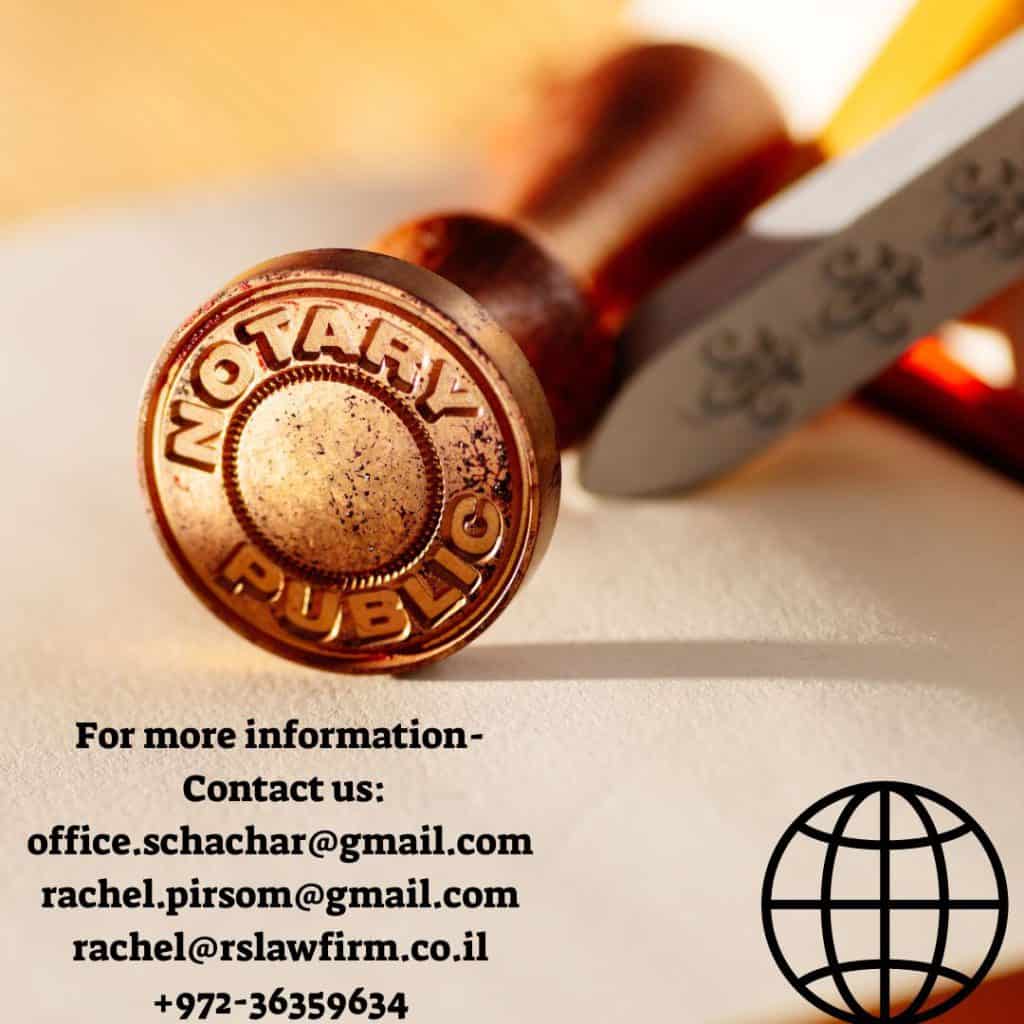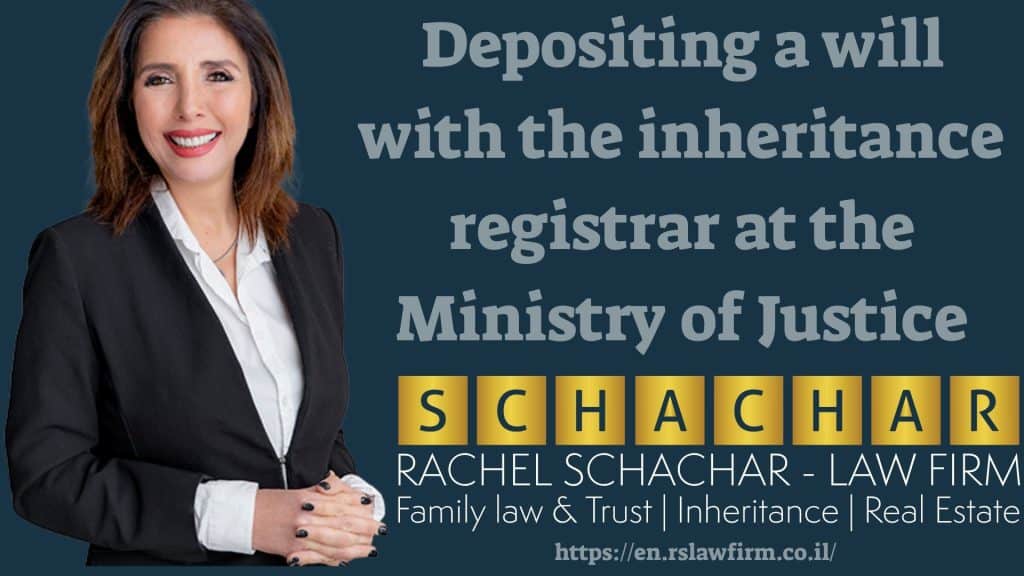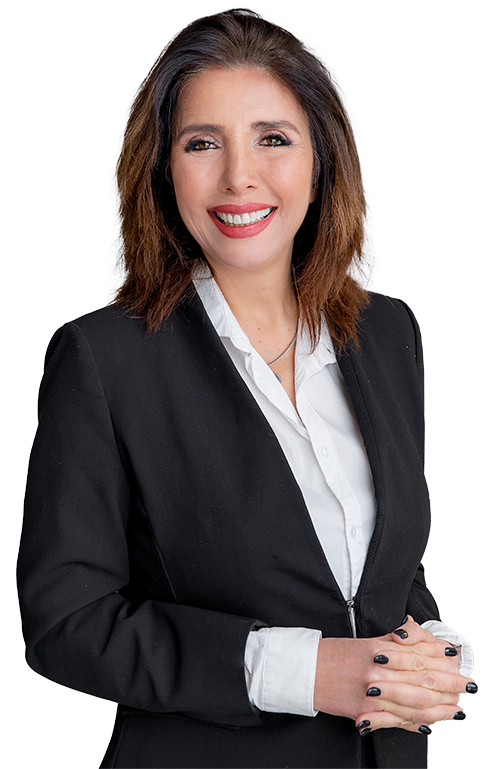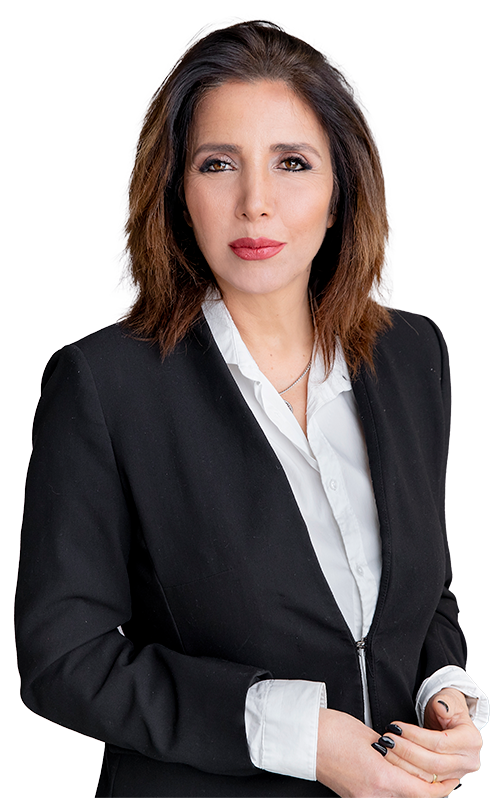Table of Contents:
| Introduction | Definition of Enduring Power of AttorneyImportance of Planning for Incapacity |
| Depositing a Will with the Inheritance Registrar | Purpose of Depositing a WillMethods of Deposit (In-Person and Remote Online)Obligations and PermissionsDepositing Mutual Wills |
| Depositing a Will In Person | Procedure for In-Person DepositRequired DocumentsRole of the RegistrarImportant Considerations |
| Depositing a Will Remotely | Procedure for Remote Online DepositPreconditions for Remote DepositRequired DocumentsSending the Original Will |
| Execution of a Will | Importance of Testamentary DecreesInitiating the ProcessHandling Multiple Wills |
| Cancellation of a Testamentary Directive | Reasons for CancellationCourt’s Role in Canceling InstructionsExamples of Cancelable Instructions |
| Conclusion | The Significance of Honoring a Testator’s WillThe Impact of Canceling Instructions |
| Additional Information | Restrictions on Reviewing Deposited WillsTranslation RequirementsHandling Multiple Will Deposits |
A person who made a will may deposit it with the Registrar of Inheritance Matters in person or remotely online
Depositing a will is a permission and there is no obligation to deposit the will for it to be valid
It is not possible to deposit more than one will at the same time, and to deposit a new will the previous will must be taken back

Witnesses to an oral will must deposit with the registrar of inheritance matters the memory of the things they did
The procedure involves paying a fee
A person who made a handwritten will, a will with witnesses or a will before an authority, can keep it with him, wherever he chooses.
- A person who wants to be sure that the will will be found upon his death and that it will be preserved from the ravages of time, can deposit it with the registrar of inheritance matters.
- The deposit can be made in person at the Office of the Registrar of Inheritance Matters, or by remote deposit online.
- Witnesses to an oral will must deposit with the registrar of inheritance matters the memory of the things they did according to the words of the will.
Depositing a will in person at the Registrar of Inheritance
- A will can be deposited with the registrar only by the testators themselves (the person who made the will), in person, and only the testators themselves can request it back.
- It is not possible to deposit a will or receive it back through a power of attorney.
- It is recommended to make an appointment in advance to the Office of the Registrar of Inheritance where you wish to deposit the will.
The details of the procedure
- The testator must come to the Office of the Registrar of Inheritance Affairs, fill out a handwritten application for the deposit of a will, and have the following documents:
- An original will signed by the testator.
- An Israeli ID card with a current photo. If the photo is not current, you must have another official document with a current photo (such as a passport, driver’s license, etc.).
- Confirmation of payment of a fee of NIS 115 (as of 2023) for depositing a will. You can arrange the payment of the fee in any of the following ways:
- Online, check “deposit of will”.
- At automatic positions in the public reception offices of the Registrar of Inheritance Affairs.
- At the postal bank, using vouchers that must be requested at the public reception offices of the registrar for inheritance matters.
- The will will be scanned into the registrar’s computers in order to save a copy, and then it will be closed in a sealed envelope and kept in a safe.
- The registrar sends a notice of the deposit of the will to the national registry in Jerusalem, and the depositor receives confirmation of the deposit of the will.
| Customer Information | Procedure Details |
| Name of Testator | [Customer’s Name] |
| Will Type | Handwritten / With Witnesses / Other |
| ID Card Details | [ID Card Number] |
| Fee Payment Status | Paid / Not Paid |
| Appointment Status | Made / Not Made |
| Registrar’s Office | [Office Location] |
pay attention
Depositing a will can only be done by the testator himself (except in the case of an oral will), and he is the only one who can withdraw a deposited will.
mutual will deposit
- When it comes to the deposit of mutual wills, both testified spouses must appear in the appropriate district with the following documents:
- Identity card of each spouse with a recent photo.
- Original of the will for each of the wills, i.e. 2 original identical wills.
- Confirmation of the payment of two fees (one for each mitzvah) for depositing a will.
- Important: you must come with 2 original wills and pay two fees, even if the mutual will was drawn up as one document and not as two separate documents.
Depositing a will remotely with the registrar of inheritance matters
- In addition to depositing in person, there is also the option of depositing the will remotely, online.
- Depositing a will remotely can be done by one of the two:
- A person with an Israeli identity card who made a will and wishes to deposit it with the inheritance registrar at the Ministry of Justice.
- A notary before whom a will was drawn up, as long as the deposit is made within 30 days from the day the will was drawn up.

Preconditions
- To make a remote deposit of the will, you must first register in the government’s personal area.
- A fee must be paid for depositing the will, in one of the following ways:
- Online, through the government payment service (withdrawal of the will does not involve payment of a fee).
- Through the postal bank, contact the service and information center by e-mail: Moked-Yerushot@justice.gov.il in order to receive vouchers for payment. The deposit can only be made after 24 hours have passed from the payment in the postal bank.
Required documents
- An original copy of the will.
- A scanned color copy of the will as a file in one of the following digital formats: PDF, JPG, PNG.
- Confirmation of fee payment.
| Customer Information | Procedure Details |
| Name of Testator | [Customer’s Name] |
| Will Type | Handwritten / With Witnesses / Other |
| ID Card Details | [ID Card Number] |
| Fee Payment Status | Paid / Not Paid |
| Registration Status | Completed / Pending |
| Sending Method | Mail / In Person |
The deposit of the will
- Enter the government personal area and follow the instructions.
- Confirmation of the deposit and its number will be sent to the depositor of the will, via email or text message.
- Within 45 days at most from the date of receiving the approval, the original will must be sent to the Office of the Registrar of Inheritance Affairs closest to the testator’s place of residence.
- The original will can be sent by mail or delivered to the deposit boxes placed outside each office.
- A letter must be attached to the original will stating the deposit number that appears in the confirmation.
pay attention
Residents of Rishon LeZion and the surrounding area:
- You can deliver the will at the new office in Rishon LeZion on Sundays and Wednesdays between 12:30-08:30, by prior appointment only.
- At the Rishon LeZion office, documents can be submitted during public reception only and documents or wills must not be sent by mail.
- Receiving the deposited will back
- A testator may receive back the will he deposited at any time.
- For this purpose, he must contact the registrar’s office and fill out a written request for the return of a will.
- The Registrar of Inheritance Matters will verify the identity of the applicant, hand over his will against his signature to confirm receipt of the will, and notify the National Registry of this.
- The deposit will be deleted from the national register.
- Important: receiving the will back does not result in the annulment of the will, and it is valid for all intents and purposes until it is annulled or an up-to-date will is signed under it.
- The return of the will does not involve the payment of a fee.

Another will deposit
- Those who previously deposited a will are not allowed to deposit another will, unless before that they took back any previous will they deposited.
- Any re-deposit of the will will be subject to additional payment of the fee.
Execution of a will
- In order to distribute the estate of the person who died, according to the will he left behind, a testamentary decree must be issued that confirms the wording of the will and gives it the effect of a judgment.
- The winners (the heirs appearing in the will) or any person interested in it, may submit an application for a will order.
- After an application for an inheritance order or an application for an order to maintain a will is submitted, the Secretariat of the Registrar for Inheritance Matters checks whether a will has been deposited, and if so, it is Signed by the Registrar of Inheritance Matters so that a decree is not issued that ignores the will.
- If another will is found, after the will that was deposited with the registrar for matters of inheritance, the last will is decisive, even if it was not deposited with the registrar. Every person who has a will must deliver it (original or a certified copy) to the court immediately after he learns of the death of the will (the violator of this provision is liable to criminal prosecution).
- If no application regarding the will has been submitted, the registrar of inheritance will open the will after 3 months from the date of death, and will notify the beneficiaries (the heirs listed in the will) of its existence.
| Customer Information | Procedure Details |
| Spouse 1 Name | [Spouse 1’s Name] |
| Spouse 2 Name | [Spouse 2’s Name] |
| Will Type | Handwritten / With Witnesses / Other |
| ID Card Details | [ID Card Number] |
| Fee Payment Status | Paid / Not Paid |
| Registrar’s Office | [Office Location] |

Important Information
- No one has the right to review a deposited will or to obtain information from the inheritance register if a particular will has been deposited, except with the approval of the court (of course, the executor of the will, the testator, may tell about the deposit of the will and present it to anyone he wants and even leave a copy in the hands of whoever he chooses).
- Every will, as well as every other document submitted to the registrar of inheritance matters that is written in a foreign language (except English), must be accompanied by a translation into Hebrew or Arabic, certified by a notary. (The Registrar of Inheritance Matters may order the translation of a document written in English).
- Only the testators themselves can deposit a will or return a deposited will – it is not possible to deposit a will or receive back a deposited will through a power of attorney.
- A person who wishes to change the will after depositing it with the inheritance registrar can ask to receive it back or deposit a new will in its place.
- It is recommended to make an appointment in advance to the Office of the Registrar of Inheritance where you wish to deposit the will.
- The Registrar for Inheritance Affairs operates a service and information center: by phone *2416 24-hour response and human response on Sunday-Thursday from 16:00-08:00 and by email: Moked-Yerushot@justice.gov.il.
| Customer Information | Additional Details |
| Testator’s Rights | Depositing, Receiving, and Canceling Wills |
| Authorized Actions | In-Person, Remote Deposit, and Court Actions |
| Registration Fees | Fee Amount and Payment Methods |
| Customer Support | Registrar’s Contact Information |
| Special Considerations | Translation, Multiple Wills, and More |
A will in which there is an unclear, illegal, immoral or impossible provision is void
Cancellation of an instruction does not result in the cancellation of the other parts of the will, unless the will cannot be carried out without that instruction or it is clear that the testator would not want it
If the cancellation of the instruction resulted in the cancellation of the entire will, the inheritance will be divided among the legal heirs, according to the rules established in the Law of Inheritance
As a general rule, the will of a person who is not alive must be respected, since the fulfillment of the will of the testator (the testator), as expressed in the will he made before his death, is an important principle in the law of inheritance.
- However, the court will invalidate a particular provision in the will (or the entire will) if it is unclear, illegal, immoral or unenforceable.
- Even if it is determined that a certain provision from the will must be revoked, the court will not automatically revoke the other provisions of the will, unless:
- The will cannot be carried out without the canceled provision.
- It is clear that the testator (the testator) would not want to fulfill the will, without the revoked instruction.

| Customer Information | Procedure Details |
| Applicant’s Name | [Applicant’s Name] |
| Will Type | Handwritten / Other |
| Application Status | Filed / Not Filed |
| Registrar’s Decision | Accepted / Rejected |
| Additional Actions | Required / Not Required |
pay attention
If the court determines that the entire will is void, then the estate (inheritance) will be divided among the legal heirs according to the division rules established in the inheritance law.
Will instructions canceled by the court
Unclear instruction
- A provision in a will from which it is impossible to understand what the testator’s intention (the mitzvah) was – to whom he bequeathed, what he bequeathed, or it is not possible to understand the meaning of the provision.
- An order whose execution is impossible
- Sometimes the testator demands to do something that can no longer be done, or that could not be done in the first place.
example
The testator made a will and one of its provisions stipulated that his descendant would be entitled to a certain portion of the property, but the descendant was not alive at the time the testator died.
An instruction whose execution is illegal or immoral
- One of the exceptions to the rule that states that the will of the mitzvah must be fulfilled, is that an instruction in the will whose execution is illegal or immoral will not be honored.
example
- The testator ordered that the winner (heir) was required to continue living in a certain place, in order to receive the property.
- The testator ordered that the winner (heir) should avoid contact with any family member, in order to receive the property.
- The testator ordered that no alimony be paid to a minor who is entitled to it.
- Instruction in favor of those who participated in the preparation of the will
- In any will, except for an oral will, an instruction in which the will gives something to one of these, is void:
- The person who made the will for the testator (the testator).
- The person who witnessed the making of the will.
- Those who took any part in drafting the will.
- The spouse of each of the above subscribers.
pay attention
A provision in which the commandment grants something to one of these parties is void, even if there was no unfair influence on their part.

| Customer Information | Cancellation Details |
| Testator’s Name | [Testator’s Name] |
| Cancelable Provision | Unclear / Illegal / Immoral |
| Court Decision | Revoked / Not Revoked |
| Impact on Will | Entire Will / Specific Part |
| Legal Heirs’ Share | Divided According to Inheritance |
Securing Your Family’s Future: Trust Rachel Schachar Law & Notary Firm for Inheritance and Wills Expertise
When it comes to navigating the intricate terrain of family law and inheritance matters, you deserve the expertise and guidance of a seasoned professional. Look no further than Rachel Schachar Law & Notary Firm, where our dedicated team of legal experts, led by Rachel Schachar herself, stands ready to assist you in securing your family’s future. With a profound understanding of the intricacies surrounding inheritance and wills, our firm has earned a stellar reputation for providing comprehensive, tailored solutions to our clients. We take pride in simplifying complex legal processes, ensuring your peace of mind during what can be emotionally challenging times. Trust in our experience, commitment, and unwavering dedication to protecting your family’s legacy. Your future deserves nothing less than the expertise found at Rachel Schachar Law & Notary Firm.





